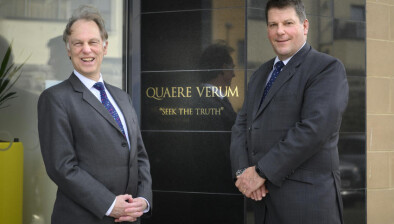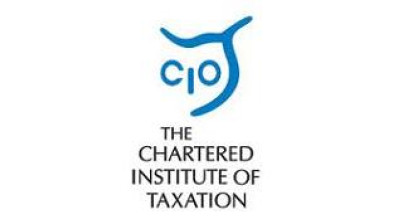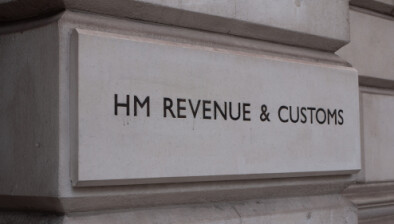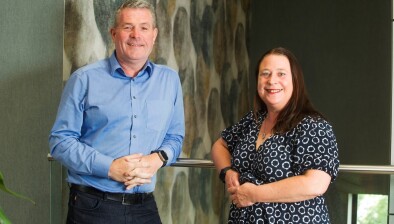Tax and accountancy bodies call for greater clarity on Scottish tax system

Ahead of today’s Scottish Budget, the Chartered Institute of Taxation (CIOT) and Institute of Chartered Accountants of Scotland (ICAS) have called on the Scottish and UK governments to use the tenth anniversary of the Smith Commission next year to review the implementation of Scotland’s devolved tax powers.
The tax and accountancy bodies have collaborated on a new paper, Building a Better Tax System: Progress Report, reviewing the development of Scotland’s tax regime in the first half of the 2021-26 Scottish Parliament.
The organisations write that clarity on the status of the devolved replacement for UK Air Passenger Duty (Air Departure Tax), in addition to proposals to assign half of VAT revenues raised in Scotland directly to the Scottish Budget would ‘provide certainty and transparency’ about the future role they will play in Scotland’s devolved tax mix.
Both proposals were put on hold in 2019 over concerns about their introduction and no firm timetable has been given for their introduction. In recent weeks, both Holyrood’s Finance and Public Administration Committee and the Scottish Government have highlighted the risks posed by the policy of VAT assignment.
If the issues surrounding implementation of these proposals are insurmountable, CIOT and ICAS would like to see a statement made to parliament confirming as much.
CIOT and ICAS have recommended that the Scottish Government to find ways of improving public understanding of Holyrood’s tax responsibilities, expressing concern that income tax divergence has created a more complicated tax system that is harder for taxpayers to understand and engage with.
The organisations have also called on the Scottish Parliament and Scottish Government to work together to review how tax decisions are examined at Holyrood, following the decision of the Finance and Public Administration Committee to end its participation in the Devolved Taxes Legislation Working Group (DTLWG) in January 2023.
They wrote: “the issues that the group (DTLWG) was set up to consider, such as a lack of parliamentary time for tax scrutiny, the need for legislation to be regularly reviewed and kept up to date, and the ability to consult with outside experts, remain.”
Chris Thorpe, CIOT technical officer, said: “The introduction of Air Departure Tax and VAT assignment have both proved difficult to implement, despite the best efforts of those involved.
“Both the Scottish and UK governments should use 2024, the tenth anniversary of the Smith Commission next year as a milestone to take stock of the tax powers that it helped to deliver to work out whether these challenges can be overcome.
“It may well be that these issues are insurmountable, and if it is the case they cannot be resolved for good reason, then both governments should say as much.
“Doing so would give taxpayers greater certainty about their future role in the devolved tax mix.”
Sharon Blain, convener of the ICAS Devolved Taxes Committee, added: “More effort is needed to effectively communicate how the devolved tax system works, so taxpayers can understand their rights and responsibilities.
“One of the ways we think this can be improved is by making tax decisions more visible in Scottish political calendar, so voters can see where and how decisions are made, not just the headlines. This is arguably even more important if Scottish taxes are going to diverge further from the rest of the UK.
“The Scottish Government and Parliament should restart their work reviewing the processes for making and amending tax legislation. It is disappointing that the work that was underway before the pandemic stalled.
“The issues that impact scrutiny such as parliamentary time constraints and the lack of a regular finance bill remain. With the increased need to keep legislation up to date regularly and the desire of all stakeholders to allow time for proper consultation and evaluation, improvements would be beneficial.
“There is still time in this session of parliament for the key players to get round the table and find solutions.”







